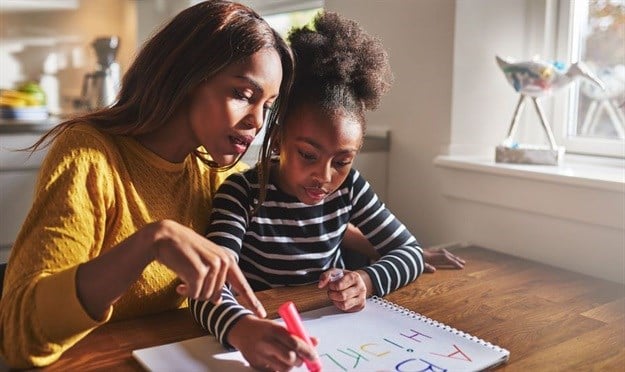
Between 2002 and 2016, says Stats SA’s most recent general household survey, the percentage of men over the age of 20 who had either received no schooling or who had not completed Grade 7 dropped from 25.8% to 13.3%.
Among women, this figure decreased from 28.6% to 15.9%. These positive trends, however, don’t necessarily equate to a more educated and capable workforce. A Grade 7 literacy level qualifies someone for menial labour at best, and stark gaps remain between the literate and the employable, and again between the employable and the professionally successful.
Bridging these gaps are organisations that specialise in adult education and training (AET), organisations that have also seen important shifts over the past 15 to 20 years. Where the profile of the average AET learner in the wake of apartheid was an illiterate man in his 40s, today’s learners typically hold a high school qualification and are considerably younger.
The number of women enrolled in these programmes has also increased significantly. While this might seem encouraging at first – it indicates, of course, that more young people are raising their levels of education – it also points to the ways in which the basic education system continues to fail them. Illiteracy might be on the decline, but as long as AET is necessary, primary and secondary education in South Africa remains inadequate.
More than any other demographic, women continue to bear the brunt of these inadequacies. More women than men are likely to be functionally illiterate across all age groups in South Africa, and uneducated, underprivileged women are often vulnerable, and at the risk of unwanted pregnancies, HIV and other sexually transmitted diseases. These factors remove them prematurely from the education system and limit their professional development and economic independence.
But why is the education of women important and whose responsibility is it to make it a priority?
Improved levels of education among women have long been linked to the alleviation of numerous economic, social and health issues. Education enables women to participate meaningfully in the formal economy, so reducing their dependence on others – their partners especially – and improving their sense of self-determination.
UN Women reports that increasing women and girls’ education contributes to higher economic growth, and international evidence shows that if women control a portion of the household income, spending changes in ways that benefit children. Extensive research over several decades and across 219 countries also indicates that, for every additional year of education that girls and women of reproductive age receive, child mortality decreases by 9.5%.
Government undoubtedly has a significant role to play in focusing on the education of women. These efforts not only involve putting measures in place that aim to keep girls in school, but also pushing a curriculum that promotes equal rights and a culture of respect. Emphasising the education of women and their economic empowerment is inevitably about educating boys and men as much as girls and women, and breaking cultural preconceptions that keep women insufficiently educated and occupied in unpaid or informal work.
Of course, these efforts go hand-in-hand with making employment opportunities available to women that are comparable to those available to men. Globally, women earn only 60 to 75% of men’s salaries on average, and the ratio of women to men in senior positions remains tipped in favour of the latter. South Africa is no exception.
Necessarily, any solution has to be as multipronged as the problem itself. It’s about combatting a system of patriarchy, poverty and unemployment that persistently leaves women disadvantaged and vulnerable. It’s about women banding together – as individuals and in families, schools, communities and businesses – to promote chain reactions of support and empowerment. And it’s about coordinating efforts, among women and between men and women, that emphasise the multiple social and economic benefits of educating women. Without persistent and co-ordinated work, these self-perpetuating cycles are unlikely to be broken.
